Left-leaning Body To Draft New Constitution For A New Chile
Chileans leaned left but turned their backs on traditional political parties in electing a 155-member body to rewrite the country's conservative, dictatorship-era constitution.
A new constitution was a key demand of 2019 protests that left several dozen dead but gave rise this weekend to what has been labeled Chile's most important election since returning to democracy 31 years ago.
Chile's existing Magna Carta limits the role of the state and bolsters private enterprise. It is blamed by many for the deep-rooted gulf between rich and poor, but hailed by others, mainly on the right, for the country's many decades of economic growth.
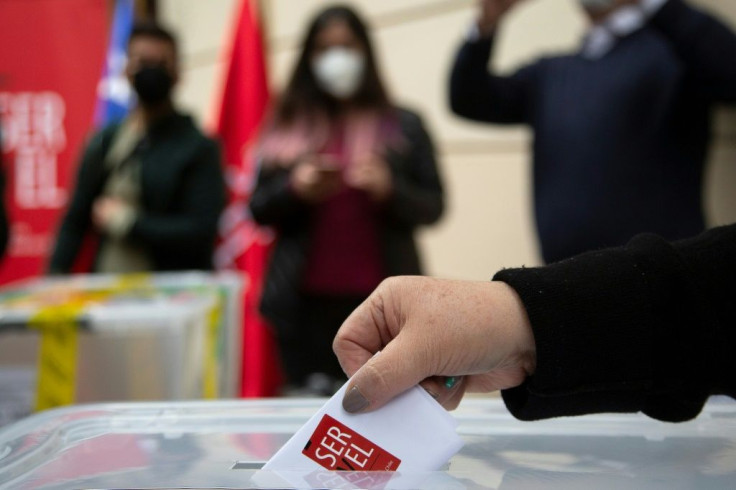
Fewer than half of the country's 14.9 million eligible voters turned out on Saturday and Sunday to elect a "constitutional convention" that will now be tasked with drawing up a new founding law for a new Chile.
Of those who did, almost half opted for independent candidates, most of them left-leaning, in a symbolic vote interpreted as a rebuke of the ruling right and traditional political parties.
It showed, said Chile's President Sebastian Pinera, that his government and established parties were not "attuned to the demands and aspirations of citizens."
With 99.9 percent of the vote counted by Monday morning, candidates representing traditional parties were in the minority, with over 46 percent of votes having gone to independents -- the biggest single block.
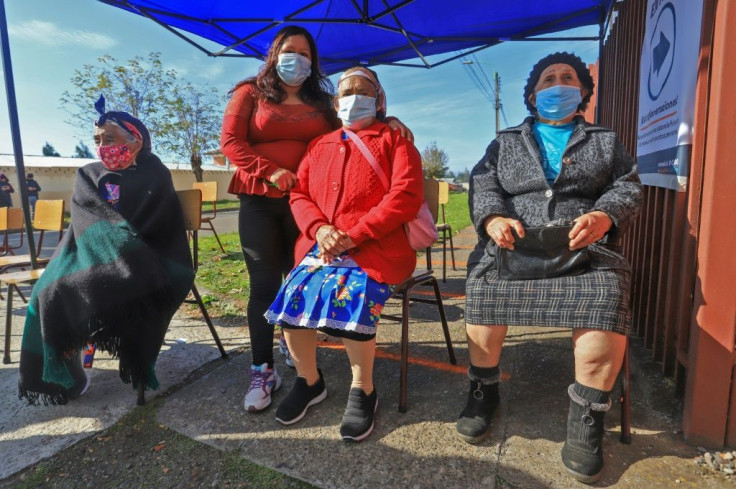
Candidates aligned to leftist parties, which broadly proposed a profound constitutional overhaul to guarantee greater state control of natural resources and more social spending, received a third of the votes cast.
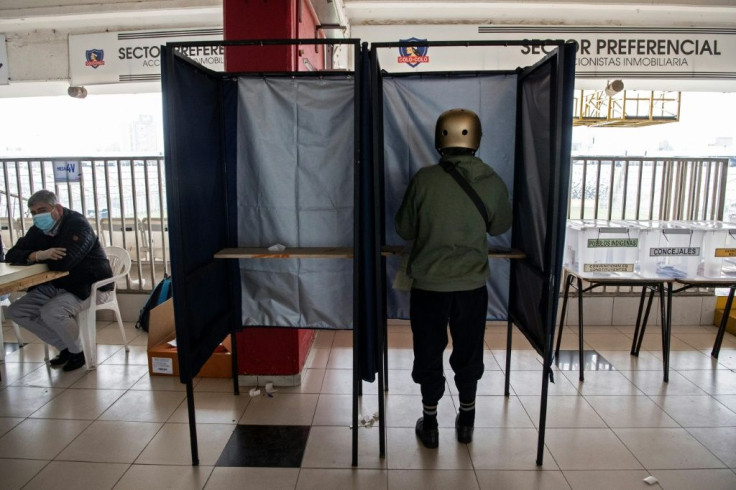
The right, which defends the constitution's capitalist, free-market guarantees, garnered just over 20 percent.
Many of the independent candidates -- an assortment of teachers, writers, journalists, lawyers and activists -- were involved in or inspired by the 2019 uprisings and campaigned with promises of social change.
Political scientist Claudio Fuentes said most of them have leftist political affinities, meaning that the right finds itself isolated on the new constitution-writing body.
The Santiago stock exchange closed 9.3 percent lower on Monday on the back of the weekend vote, while the peso retreated 2.0 percent against the US dollar to just under 717.
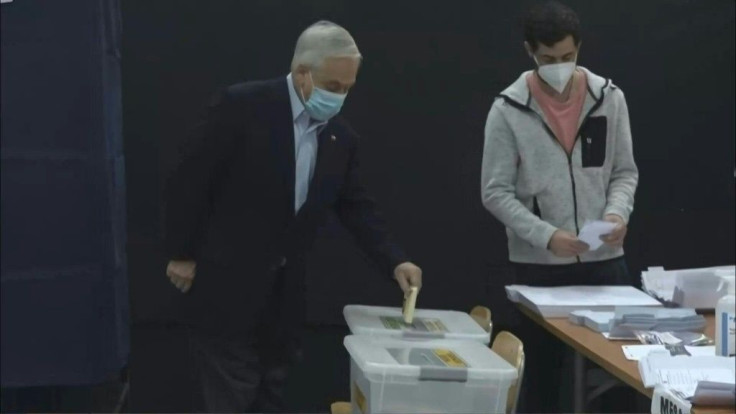
Chile's constitution dates from 1980, enacted at the height of dictator Augusto Pinochet's 1973-1990 rule.
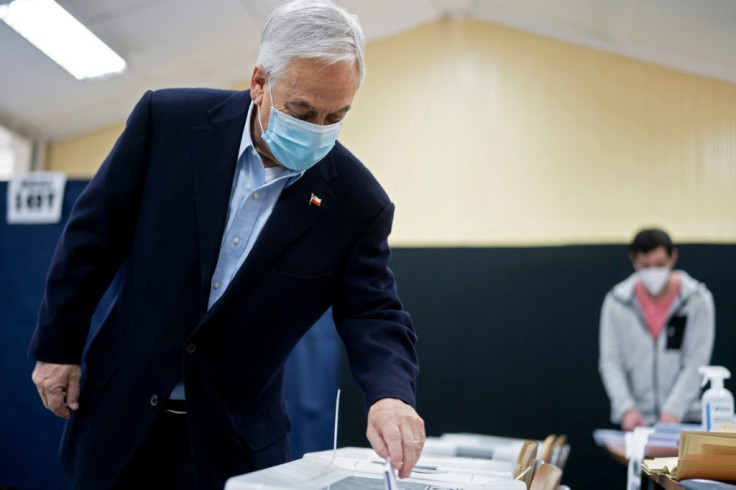
It promotes private enterprise in all sectors of the economy -- including education, health and pensions -- in a country ranked as one of the most unequal among advanced economies.
Chile has the highest per capita income and the third-most multimillionaires in Latin America.
But the working and even upper-middle classes are heavily indebted, often to pay for schooling and private pensions.
There is low satisfaction with the quality of life.
This was the background for October 2019 protests that resulted in the government agreeing to a referendum in which Chileans voted overwhelmingly last October for a new constitution to be drawn up by a body of elected members.
The 155-member drafting group, which will have nine months to devise a new founding law for Chile, is composed of 78 men and 77 women, chosen from more than 1,300 candidates equally divided among the two genders in a world first.
Seventeen seats were reserved for representatives of indigenous communities.
The draft constitution must be approved or rejected in a mandatory national vote next year.
The independent candidates represent a broad platform of ideas and constitutional proposals but have in common that they oppose traditional parties, analysts say.
"They are not a homogeneous group, quite the contrary," said Mauricio Morales, a political scientist at the University of Talca.
This could make for difficult months ahead, as "it will require negotiating with each of the independents and dealing with each of their positions," Mireya Davila of the University of Chile's Institute of Public Affairs told AFP.
The group notably include 45-year-old Giovanna Grandon, widely known as "Aunt Pikachu" for dressing up as the Pokemon at anti-government protests.
"The role of the state should be to guarantee that there are no special privileges for entrepreneurs, as until now, or for those with money alone to access quality education," she told AFP in a recent interview.
Voters also chose regional governors, mayors and local councilors in a litmus test for presidential elections due in November.
In another blow for the right, Communist Party candidate Iraci Hassler is taking the mayorship of Santiago from Felipe Alessandri of Pinera's National Renewal party.
© Copyright AFP 2024. All rights reserved.





















